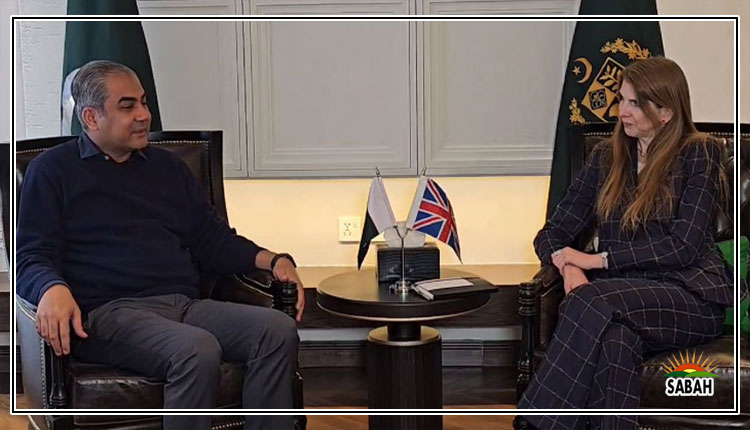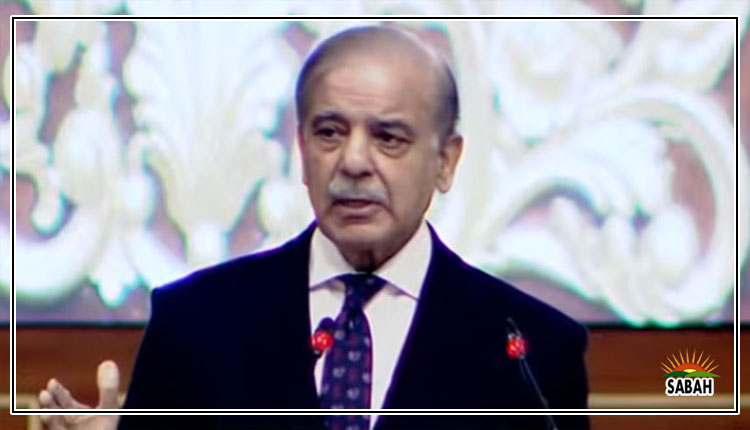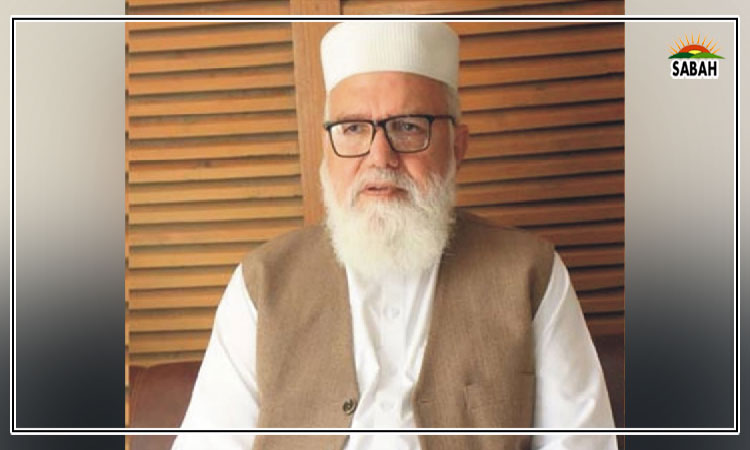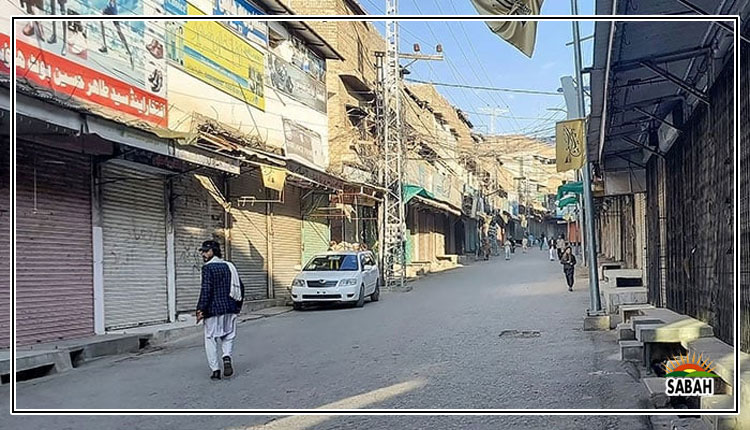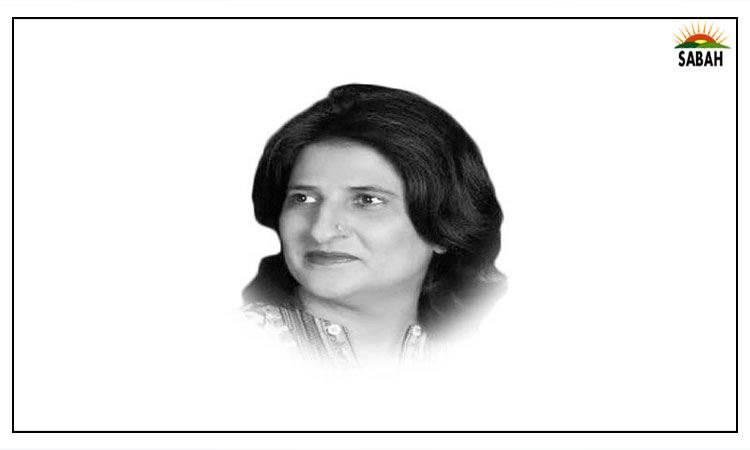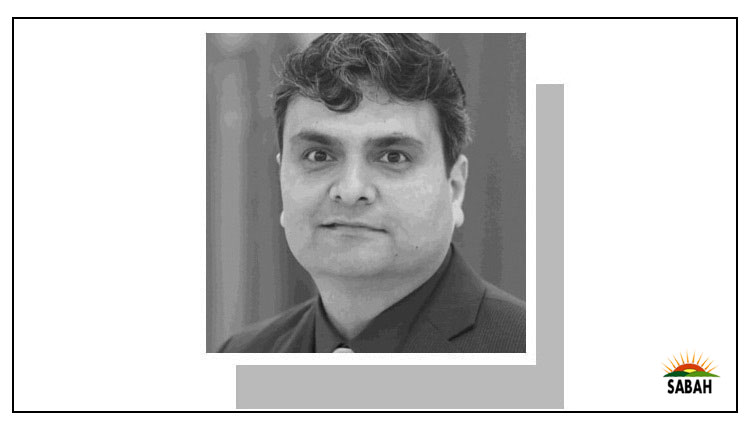The Pakistani dream…Dr Ramesh Kumar Vankwani
Chinese President Xi Jinping introduced the Chinese dream to his nation after becoming the secretary general of the Chinese Communist Party in 2012.
According to him, young people in China should dare to dream, strive tirelessly to fulfil their dreams and contribute to the development of the nation. Under the Chinese dream, China achieved the goal of transforming into a moderately well-off society in 2021, the 100th anniversary of the ruling party. And now the leadership is determined to make China the most advanced, modern and fully developed state of the world by 2049, the 100th anniversary of the founding of the Peoples Republic of China.
The US the only superpower also has an American dream. Historically, the term American dream was coined in 1931 by US writer James Truslow Adams who emphasized that life [in the US] should be better and richer and fuller for everyone, with opportunity for each according to ability or achievement regardless of social class or any circumstances of birth.
However, the American dream is also associated with the US Declaration of Independence which states that every human being is created equal, with the fundamental right to life, liberty, and the pursuit of happiness.
A similar dream of independence was also seen by our elders in the 1900s when the Subcontinent was under British imperialism. A year before the term American dream became popular, in 1930, Allama Iqbal during his Allahabad address highlighted the significance of sovereignty for Muslim-majority areas in undivided India.
Interestingly, there were many non-Muslim Hindu leaders including Jogandranath Mandal who were active part of the Pakistan movement led by Quaid-e-Azam. They dreamed that Pakistan would emerge as an ideal state on the world map where every citizen, regardless of any discrimination, would be allowed to contribute positively in the development of the country.
Unfortunately, a year after fulfilling Iqbals dream, Quaid-e-Azam passed away in 1948 and the early years of Pakistan became the darkest chapter in our national history in terms of political instability, economic crisis and vague state policies.
I think that God has blessed Pakistan with all the blessings in the form of natural resources and talented people. However, we are trapped in the vicious cycle of foreign aid that even after seven decades of independence, Pakistan has not been able to stand on its feet. India, however, has become the fifth largest economy in the world. Our former eastern part, Bangladesh, is far ahead of us in the economic race. Also, even the currency of Taliban-controlled Afghanistan is performing much better than the Pakistani rupee.
Recently, during the National Assembly session, I paid a rich tribute to Pakistans first elected prime minister Zulfikar Ali Bhutto on his death anniversary (April 4). He was a great democratic leader who gave a clear road map to the Pakistani nation to fulfil their dreams. Bhutto showed a realistic attitude on every national issue. What did we do with him?
Undoubtedly, every nation needs a dream to achieve national goals and move towards prosperity. Today our nation is in the grip of inflation, unemployment, unrest, bigotry, economic crunch, and what not. Pakistan urgently needs a dream of its own. And this dream can only be fulfilled by the political leadership who understands the importance of uplifting the socio-economic condition of the people. Be it China or the US, every country in the world has embarked on a journey of development by ensuring equal rights to its people.
Currently, our country is looking forward to the politics of reconciliation. And such daring politics can be done by brave politicians who have the courage to forget the atrocities of the past and be ready to once again raise the slogan of Pakistan Khappay in the best interests of the country and the nation.
Courtesy The News



